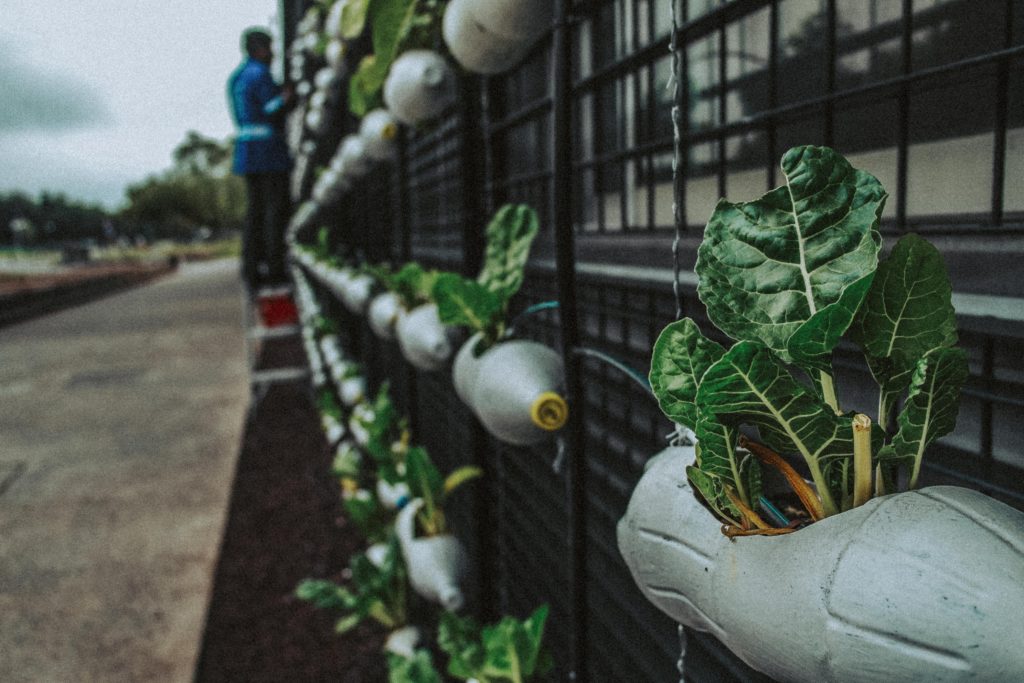In a country where the cost of living is continuously getting higher and yet the salary growth rate per year of the average worker seldom or almost never measures up, a good amount of savings is one of the last things you’d expect from most of its people.
It wouldn’t even be an exaggeration to say that most households are probably barely making ends meet, especially now that we’re facing a global pandemic.
But hope springs eternal for anyone who tries.
If you need to free up some cash to settle bills and to have enough to spend on essentials, here are ways you can save money and grow your funds:
1. Cook your own food and make it simple.

Photo by Ekaterina Bolovtsova from Pexels
Free delivery promos and special group meal offers are all over social media these days, and because most of us haven’t been out for months now, we can easily give in to these irresistible offers. But before you place that order on your food delivery app, think. Is there no food in the fridge? Should you let go of those hundreds of pesos when you can totally prepare your own meal and spend none at all?
Make it a habit to cook your own meals, and while you’re at it, try to do the simpler recipes that don’t require too many ingredients, for example boiled vegetables and meat cooked with spices. This way you can save up and eat healthy as well. Hit two birds with one stone, right?
2. List down essentials.

After food, essentials are probably the next we spend most on these days. Before you head out to run for supplies, be sure to list down the items you’ll be grabbing. When you have a list, it’s easier to see and to cross out anything that you wrote down out of impulse.
3. Grow your own vegetables.

Photo by Juanjo Menta from Pexels
If there’s an extra, unused space in your house, consider turning it into your own small farm of herbs and vegetables. The key to growing plants is knowing the right amount of light needed to sustain the leafy greens. That said, you can try your hand at gardening even indoors. Once you harvest crops, that means there’d be days and nights when the food on your table would be 100% made from your harvests, and the cost? Zero.
4. Turn off appliances you’re not using.

Photo by Lisa Fotios from Pexels
It’s almost a no-brainer, but sometimes being too relaxed (because of working from home) makes you overlook a lot of things. It can be a room light you forgot to turn off before going downstairs, a fan you left swinging in a space no one’s using at all, or an overcharged phone you still haven’t unplugged because it has totally left your mind to do so. These simple things no matter how small can cost quite an amount when they add up.
5. Unsubscribe from in-app
We all want entertainment, especially these days when there isn’t much positive content on the news. But, let’s be honest, there’s so much you can save when you cut down on the subscriptions and other unnecessary spend. If you’re running short on cash, it’d be wise to cancel any active in-app subscriptions you have so you can divide your entire cash into essentials and savings. You can always resubscribe to your favorite services later when you’ve saved enough.
6. Budget

Photo by bongkarn thanyakij from Pexels
Now this is the key to starting your own savings, pandemic or not. If you’re one of those who are perpetually wondering where do all of those extra cash go, listen, they may have gone down the drain because you let them.
To make sure this doesn’t happen again, list down all your expenses on a per cutoff basis, and then compare your income for that payout and your expenditures. If they don’t match—meaning there’s no extra for savings or worse you’re short on budget—you’ve got to cut back on something. But if you do have some extra, remember the 20% rule on savings? List it down as an expense too. This way, your extra cash will become a ‘spend’ that you can’t use for anything else.
Although saving up greatly depends on one’s income, effort, discipline, and a whole lot of management are important elements of it too. It’s definitely challenging especially when you don’t have that much extra, but if you’re dead set on it, you’re sure to see the fruits of your labor later on.




